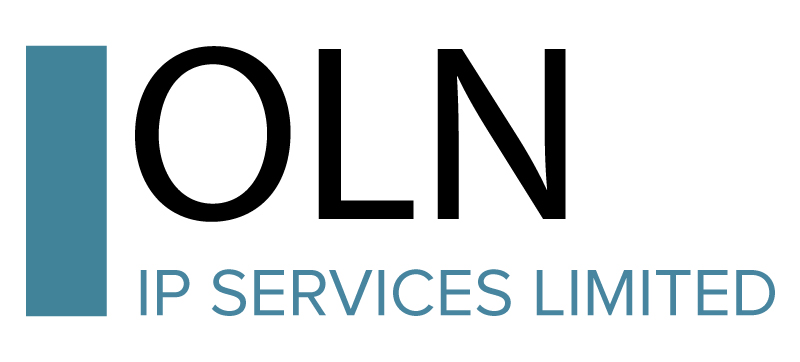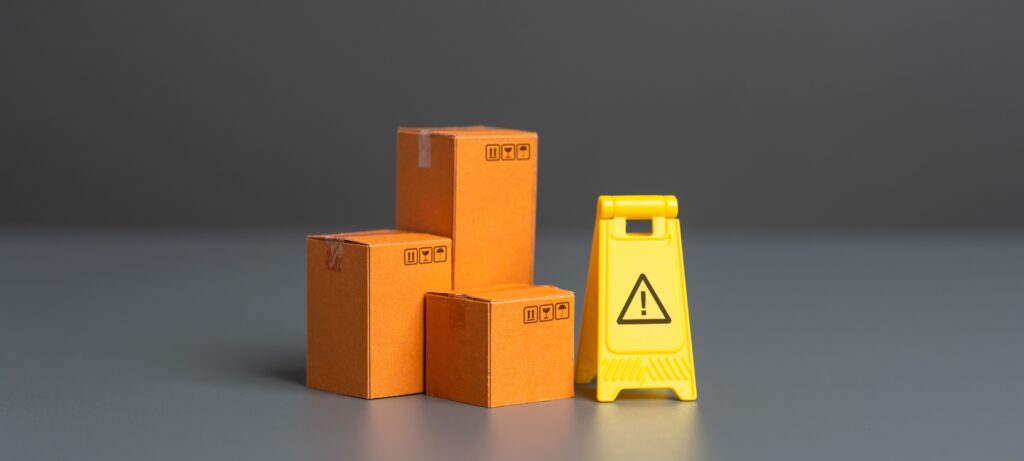In Hong Kong, when goods are brought in from other places and sold outside of official channels, it is not considered a trademark violation. However, there are exceptions if the quality of these goods changes after being put on the market globally, affecting the brand’s image negatively. This can be a problem for exclusive distributors.
Exclusive distributors often struggle to stop others from selling similar goods unless they are damaged. Laws like “passing off” might not help much if it is hard to prove that the goods are genuine. So, it is important to have clear rules in distribution agreements to protect everyone involved.
Here are some simple steps to prevent issues:
- Make sure the agreement allows distributors to stop unauthorized sales in the agreed area;
- Clearly state who owns designs and artwork in the agreement between the parties, particularly if the distributor adds its own design or artwork on the products tailor-made to the local market;
- Explain how distributors can protect these rights in the agreement , if they are violated.
To help customers distinguish between real and unauthorized products:
- Put a unique or hologram label on authorized goods;
- Adapting the products for given language, culture or region;
Emphasising the after-sales services for ongoing support and assistance that the distributor provides to customers after they have purchased a product.
Apart from legal steps, businesses can:
- Include links on websites redirecting customers to authorized sellers;
- Warn customers about risks of buying the goods from unauthorized sources;
- Engage with customers through loyalty programs and personalized marketing;
- Educate customers on the benefits of buying the goods from authorized sellers.
While stopping parallel imports completely may be tough, sending warnings to unauthorized sellers and emphasizing exclusive rights can make a difference.
Overall, controlling the sale of goods in certain areas is a matter of agreement between distributors and owners.





